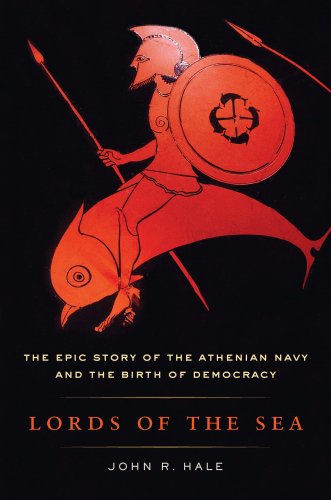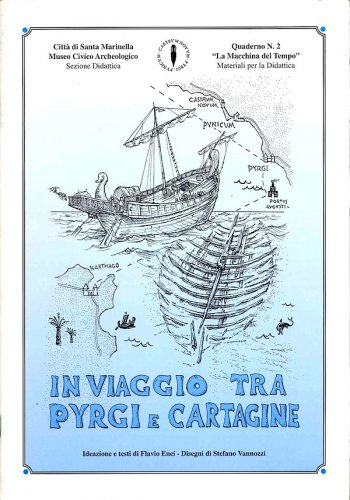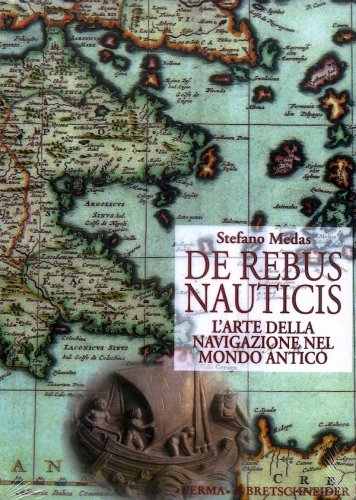Lords of the sea
the epic story of the Athenian Navy and the birth of democracy
Lords of the sea
the epic story of the Athenian Navy and the birth of democracy
- Disponibile in 7 giorni
- Possibilità di reso entro 10 giorni lavorativi
- Transazione sicura con carta di credito, Paypal o bonifico bancario
- Spedizione tracciata con SDA
Historian and archeologist Hale brings both skill sets to bear in this account of an Athens whose golden age and democratic institutions depended on its navy. Between 489 and 322 B.C., Athens built, ruled and lost an empire extending from the Aegean to the Black Sea. The sea permeated every sphere of Athenian life, and most well-known Athenians were identified with sea power: Thucydides and Sophocles commanded fleets. The fleets were based on triremes, reflecting a doctrine favoring the craft and cunning of the steersman and rowers over brute force. Those skills were a product of the commitment and cooperation of free men who played an increasing role in Athenian politics at the expense of those better off and higher born. In times of crisis, all free adult males were expected to board the triremes. Athens's rule of the sea came to an end when a cabal of aristocrats betrayed the fleet to the Macedonians. And that was possible only because the mysterious spiritual essence sustaining Athenian effort and sacrifice had been lost as well.









